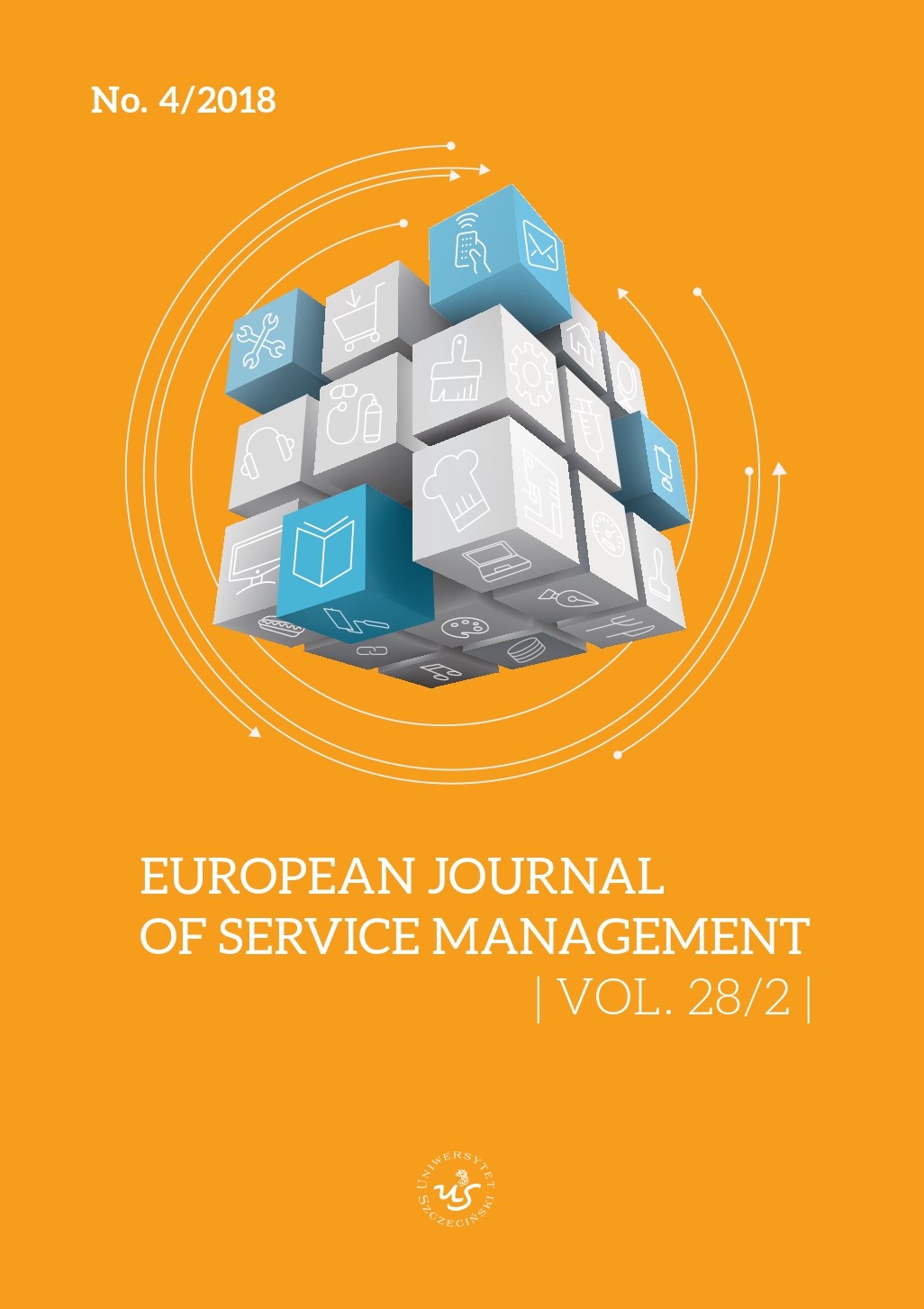The role of innovation in contemporary business models – the cognitive-empirical study
The role of innovation in contemporary business models – the cognitive-empirical study
Author(s): Małgorzata Brojak-TrzaskowskaSubject(s): Social Sciences, Economy, Business Economy / Management, Economic development, Socio-Economic Research
Published by: Wydawnictwo Naukowe Uniwersytetu Szczecińskiego
Keywords: business economics; innovations; business models; innovative business models – business models based on innovations
Summary/Abstract: The paper initiated a scientific discussion on the importance of innovations in the development and implementation process of modern business models in order to deliver real benefits by this virtue. The structure of work consists of four following parts, which is subjected to research intentions. The first is the introducing part, which is targeted at formulating a research problem and justifying undertaking the subject research. The second is the cognitive part, which includes a synthesis of theoretical contents on subjects of research, based on critical literature studies. The third part has an empirical dimension, which verifies developed theoretical assumptions based on own research findings. The fourth is the summary part, which recapitulates research studies, i.e. presents main research conclusions. Although the empirical research concerns the exemplification of undertakings in the tourism sector, due to a considerable heterogeneity of research sample (diversity of accommodation establishments, eating places, entities providing associated services, such as recreation, cultural, information, marketing and organisational services as well as transport undertakings and trading companies) obtained results can be generalised in relation to Polish service companies. Such an approach to research is justified not only by the diversity of entities surveyed having regard to the nature of business in subjective terms but also by their objective inhomogeneity, i.e. due to sector and ownership form, organisational formand size of company.
Journal: European Journal of Service Management
- Issue Year: 28/2018
- Issue No: 4/2
- Page Range: 81-86
- Page Count: 6
- Language: English

